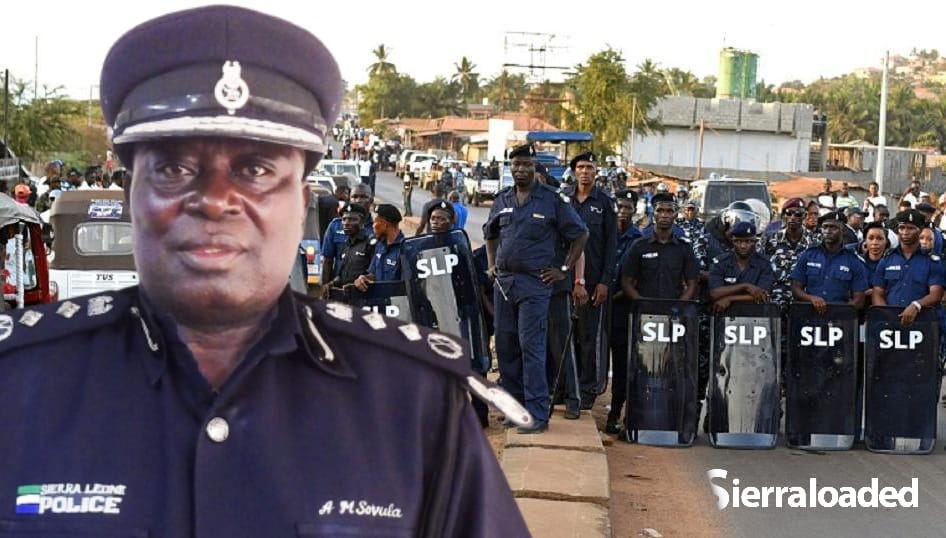The torture of Sierra Leone’s popular hip-hop artist, Alhaji Amadu Bah commonly known as LAJ is reminiscent of the torture to which three teachers and a principal were subjected almost three years ago under the Cotton Tree in Freetown.
The teachers were accused of exams malpractice, and arrested by the country’s anti-graft agency, the Anti-Corruption Commission (ACC) for investigation.
It was during investigation that the suspects were handcuffed, dressed in cartoons bearing the looks of clowns and paraded at the Cotton Tree, the city’s heartland all day long. On lookers and passers-by watched, and took snapshots which they post on various social media platforms, and the scenery went viral. ACC officers supervised the torture out of complete ignorance about the consequences that would have followed out of their illegal and barbaric action. The act would have sparked what one would call the Cotton Tree revolution in the same way the act of a single police officer triggered the ‘Arab Spring’ revolution that swept across the Arab world in 2011.
But, the timely intervention of President Julius Maada Bio calmed down nerves as he apologised to the teachers and the knew. Président Bio new quite well that the ACC has transcended the bounds of civility and decency, and thus not acting in due execution of their duty.
Unlike the tortured professionals whose colleagues maintained the country peace and decorum, LAJ’s peers and fans took to the streets to protest against the torture, and protest is the only language of an oppressed set ofpeople.
The most frustrating side is the arrest and detention of LAJ’s fans and symapthisers for showing solidarity to the victim of torture. They are being investigated and would be arraigned in days; but no one knows i which condition they too are now. They may be also possibly tortured by the police as they have done to the artist.
By their action, the police seemed to have forgotten that the abuse of fundamental rights and liberties of the people ignited and fuelled the decade-long civil conflict that claimed thousands of life the countrcted the countyuntry to the worst infrastructural devastation in history. The Truth econciliation Commission (TRC) report of 2004 keeps that history alive hearings, the former Inspector-General of Police, Franc Allieu Munu rendered an unreserved apology to the people of Sierra for police role prior to the conflict.
At the time of the apology, Munu Senior Assistant Commissioner in charge of police operations in the Leone Police.
By the apology, the police pledged that never again shall they resort
Leone Police. By the apology, the police pledged that never again shall they resort to brutality and lethal force to police their people, but current policing trenc have shown that the police have put behind their apology. The defence p up by the police today is as weak as the one put up by ACC when they were criticised by civil society organisations, the media and the public about their action. Subjected to pressure, ACC said they were empowered by law to employ an means while investigating corruption suspects. The exposure of the teachers to the torture is therefore one of the means. The police also justified the cutting of LAJ’s hair that they are empowered by law to make rules either to maintain security or to investigate suspects.
Hardly did the police realise that no one is empowered to make a rule that is harmful to society. Laws and rules are meant to protect the interest and safety of all concerned. This safety must be enjoyed by all and sundry despite infraction of any law.



 Post a comment
Post a comment








